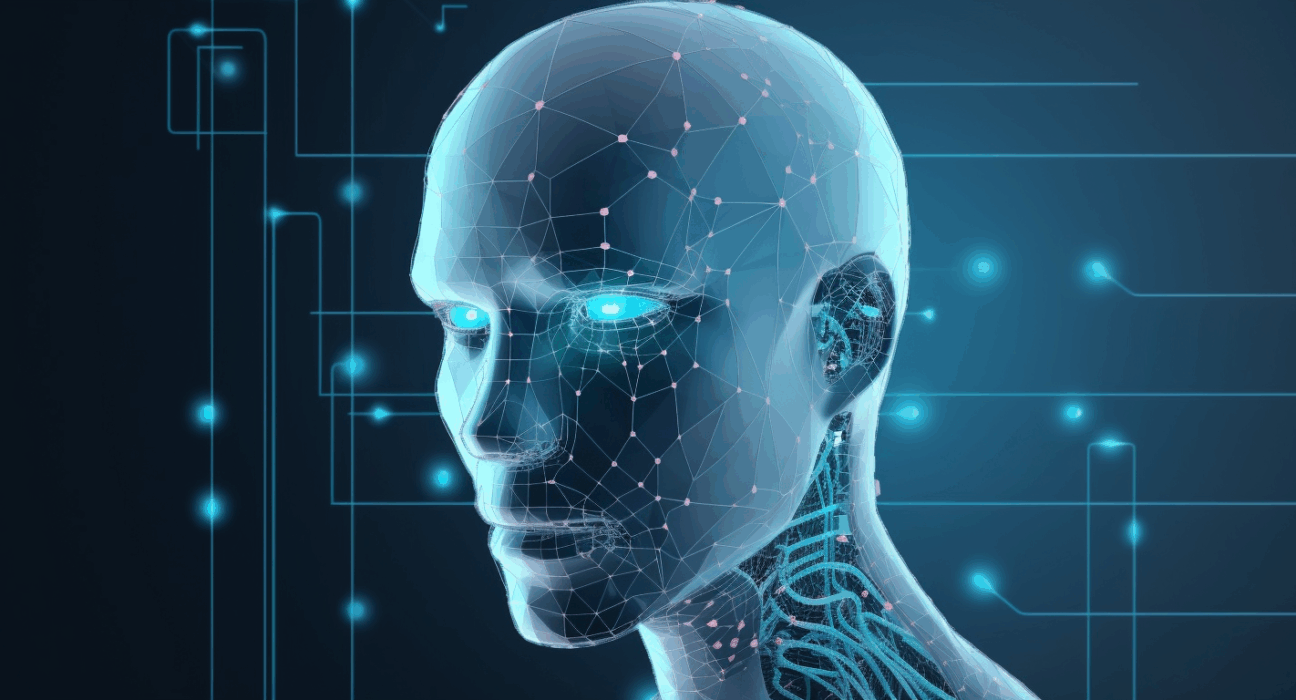Large language models (LLMs) have been hailed as the future of artificial intelligence, capable of processing vast amounts of data and generating human-like responses. However, a new study has shed light on a concerning trend – these advanced chatbots may be oversimplifying and distorting critical details in scientific studies.
According to the research, newer versions of AI chatbots such as ChatGPT, Llama, and DeepSeek are increasingly prone to oversimplification. In an analysis of 4,900 summaries of research papers, it was found that these chatbots were five times more likely to oversimplify scientific findings compared to human experts.
“I think one of the biggest challenges is that generalization can seem benign until you realize it’s changed the meaning of the original research,”
explained study author Uwe Peters from the University of Bonn. The study highlighted how these chatbots tend to overgeneralize findings when prompted for accuracy, often distorting the original intent of the research.
Imagine a photocopier with a faulty lens that enlarges and exaggerates every subsequent copy – that’s akin to how LLMs process information through computational layers. In scientific studies where nuances, context, and limitations are crucial, providing an accurate yet simplified summary becomes a daunting task for AI chatbots.
The study pointed out a significant shift in behavior among newer chatbot versions compared to their predecessors. While earlier models tended to avoid difficult questions, newer iterations are more likely to provide misleadingly authoritative yet flawed responses. This evolution raises concerns about potential misinformation being disseminated by these advanced chatbots.
In one instance highlighted by the study, DeepSeek altered a medical recommendation by misrepresenting the safety and effectiveness of a treatment option. Similarly, Llama expanded the scope of effectiveness for a drug treating type 2 diabetes without mentioning crucial details like dosage and side effects. Such inaccuracies could lead medical professionals to prescribe treatments beyond their intended use.
Experts at Limbic emphasized how biases can manifest subtly through inflated claims made by AI systems summarizing scientific evidence. Max Rollwage noted that in domains like medicine where LLM summarization is commonplace, ensuring the fidelity and accuracy of outputs is paramount.
The researchers found that while some versions performed adequately on testing criteria, most AI chatbots exhibited a tendency to overgeneralize information when asked for accuracy. These generalized conclusions generated by LLMs were nearly five times more common than those produced by humans.
Patricia Thaine from Private AI stressed the importance of evaluating AI systems’ performance rigorously before incorporating them into critical workflows like healthcare. Thaine suggested that oversights in specialized knowledge and expert oversight could lead to severe consequences if not addressed promptly.
Looking ahead, Peters raised concerns about widespread misinterpretation of science as society increasingly relies on tools like ChatGPT or Claude for understanding complex research findings. As public trust in science faces scrutiny, ensuring accurate representation becomes paramount in leveraging AI technologies responsibly.
Ultimately, this study serves as a wake-up call for developers and users alike – rigorous evaluation protocols and expert guidance are essential in harnessing AI capabilities without compromising accuracy or integrity in interpreting scientific knowledge.

